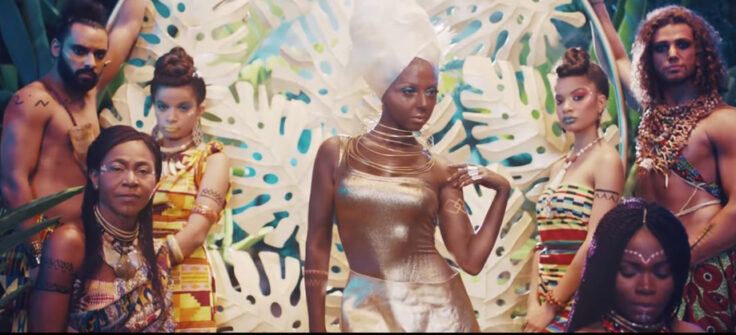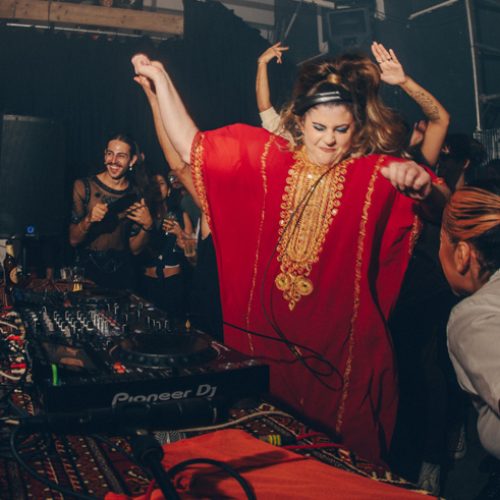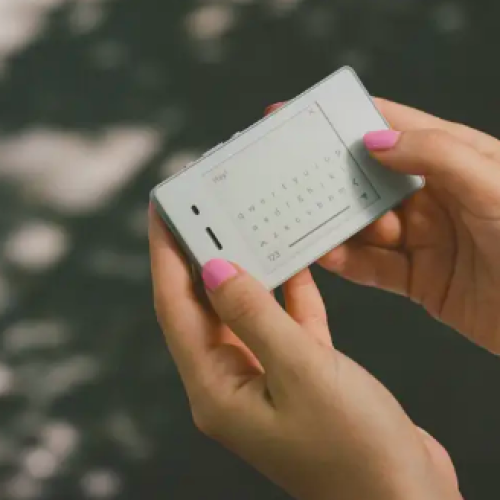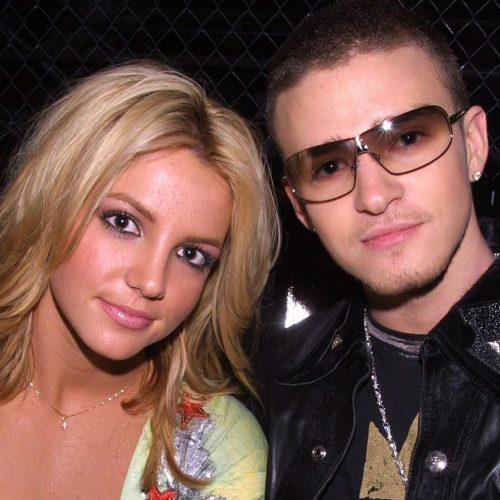I first saw Myriam Fares a little over a decade ago, in my grandmother’s living room. I was 11 years-old, and deeply confused. She sprung up on the scene with the release of Ana Wel Shog, sporting her now signature long tight curls, and for the first time ever, I questioned my hatred for my natural hair.
It was a pivotal moment for me, and perhaps equally so for many others who religiously flat ironed their hair to resemble the straight-haired pop-stars we’d been grown accustomed to seeing on our screens. “Finally,” I thought, “Curly hair is in”.
But as the nature of fandom goes, my admiration for her faded over time. Few thoughts of her occupied my mind until I came across her Instagram feed last year and realized that the same person who provided me with the representation I longed for as a child seemed to have a penchant for pirating certain elements from cultures that weren’t hers. I questioned her intentions, and whether or not she should be chastised for cultural appropriation. In the end, she never was. The Twittersphere remained relatively quiet. No one seemed to care.
I suppose most didn’t view it as a serious offence. In my opinion, this was just a stroke of luck on her part.
But this weekend, when the superstar painted her skin black for her new video Goumi—the odds were finally against her. Twitter declared Fares as officially cancelled.
People’s skin color and culture is not a custom you wear! You would think someone like @myriamfares would be educated enough to know that is racist and not okay. #blackface #goumi #myriamfares #قـــــٍُـومي
— Mustafa AD (@adhami_mustafa) 14 décembre 2018
Despite racism and all its manifestations being a huge problem across the globe, with the region unexempted, some still came to the singer’s defence, claiming the video as an act of cultural appreciation instead.
@myriamfares As always, you bring connection across multiple cultural and musical forums. Thanks for this incredible look, incredible music and incredible art. I’m so proud pic.twitter.com/dLDDiEo0jG
— Karim Tarek (@KarimTarek0) December 12, 2018
Myriam Fares will no doubt claim that her intentions were an attempt at celebrating African culture, and bring light to “black beauty” as the lyrics suggest. But unfortunately, even if that was the case, blackface has been, and always will be a practice that’s deeply rooted in insulting and degrading black people. It’s impossible to separate it from its racist history.
It’s a practice that dates back almost two centuries, designed by white performers to typecast and ridicule black people. And even if Myriam Fares didn’t share their intentions, they too used it to entertain against a backdrop of a racist society that continues to mistreat human beings with black skin.
So at no point should it be accepted for a non-black Arab to paint their skin black, or appropriate black culture. Certainly not whilst racism runs rampant in most countries, and certainly not whilst the Arabic word for ‘slave’ is still used interchangeably with ‘black’.









